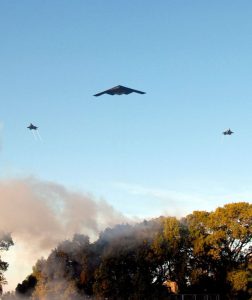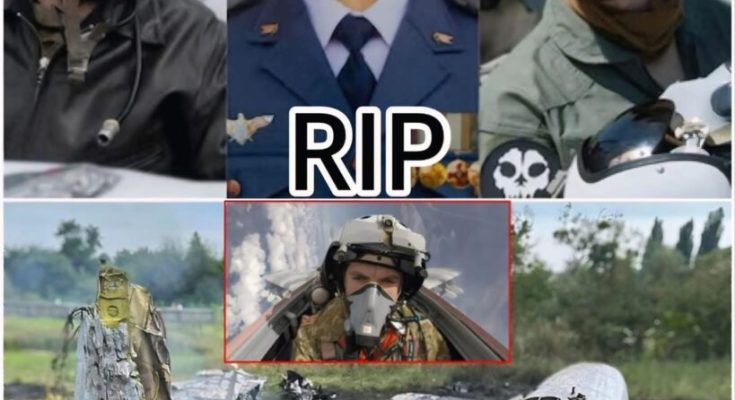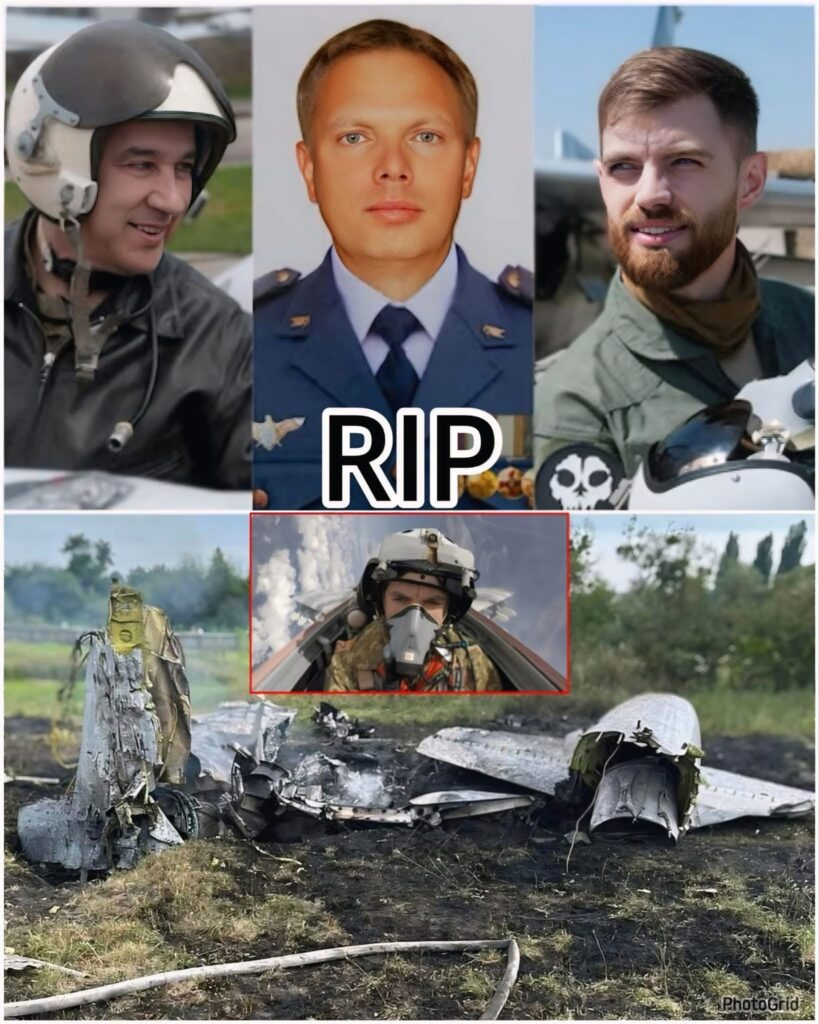
The loss of a military pilot is not just a personal tragedy for their family, but also a profound loss for their community, their nation, and the armed forces they served. Military pilots are not ordinary individuals; they are highly trained professionals who dedicate their lives to protecting their country, often putting themselves in dangerous situations for the safety of others. When such a life is cut short, it leaves behind grief, unanswered questions, and a deep sense of respect for the sacrifice made.
Pilots represent the very best of courage and discipline. The journey to become a military aviator is long and demanding. From rigorous academic studies to mastering advanced aircraft, pilots go through years of preparation before they are trusted with missions. They train under pressure, knowing that every flight could carry risks. Therefore, when a pilot is lost, it is not only the loss of a loved one but also the loss of someone who invested years of their life into service. This amplifies the sadness, as their dedication and skills cannot easily be replaced.
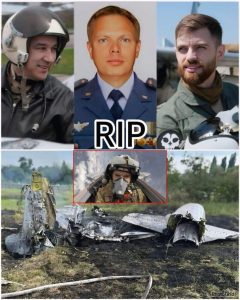
The emotional weight of such a loss is often heaviest on the family. Behind every uniform is a son, daughter, spouse, or parent who dreamed of returning home after the mission. Families of military personnel live with constant uncertainty, aware of the dangers but hopeful for safe returns. When tragedy strikes, it shatters not just their immediate circle but also their extended community of friends and fellow servicemen. The grieving process is long and painful, marked by pride in their loved one’s bravery but also by the heartache of absence.
On a broader level, the death of a pilot impacts the military itself. Every pilot holds significant responsibility, whether in combat, training, or humanitarian missions. Their role is vital for national defense and international operations. Losing a skilled aviator means losing years of expertise, which can affect the readiness of their unit. Fellow service members feel the loss deeply, as they often view one another as brothers and sisters in arms. The bond of trust among them makes the tragedy more personal and difficult to accept.
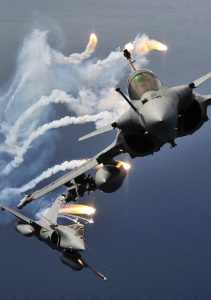
Society also feels the loss, even if indirectly. Military pilots are protectors of the skies, ensuring national security and providing aid during disasters. Their missions often go unnoticed by the public, but their presence offers peace of mind. When a pilot dies, it is a reminder of the silent sacrifices being made daily to safeguard freedom. Honoring their memory becomes a duty for the nation, ensuring that their service and sacrifice are never forgotten.
Ultimately, it is very sad to lose a military pilot because they embody qualities of courage, sacrifice, and commitment that few are willing to undertake. Their absence leaves an empty space in families, units, and society as a whole. While their loss brings sorrow, it should also bring reflection and gratitude. By remembering their contributions and honoring their service, we ensure that their legacy continues to inspire future generations of defenders.
